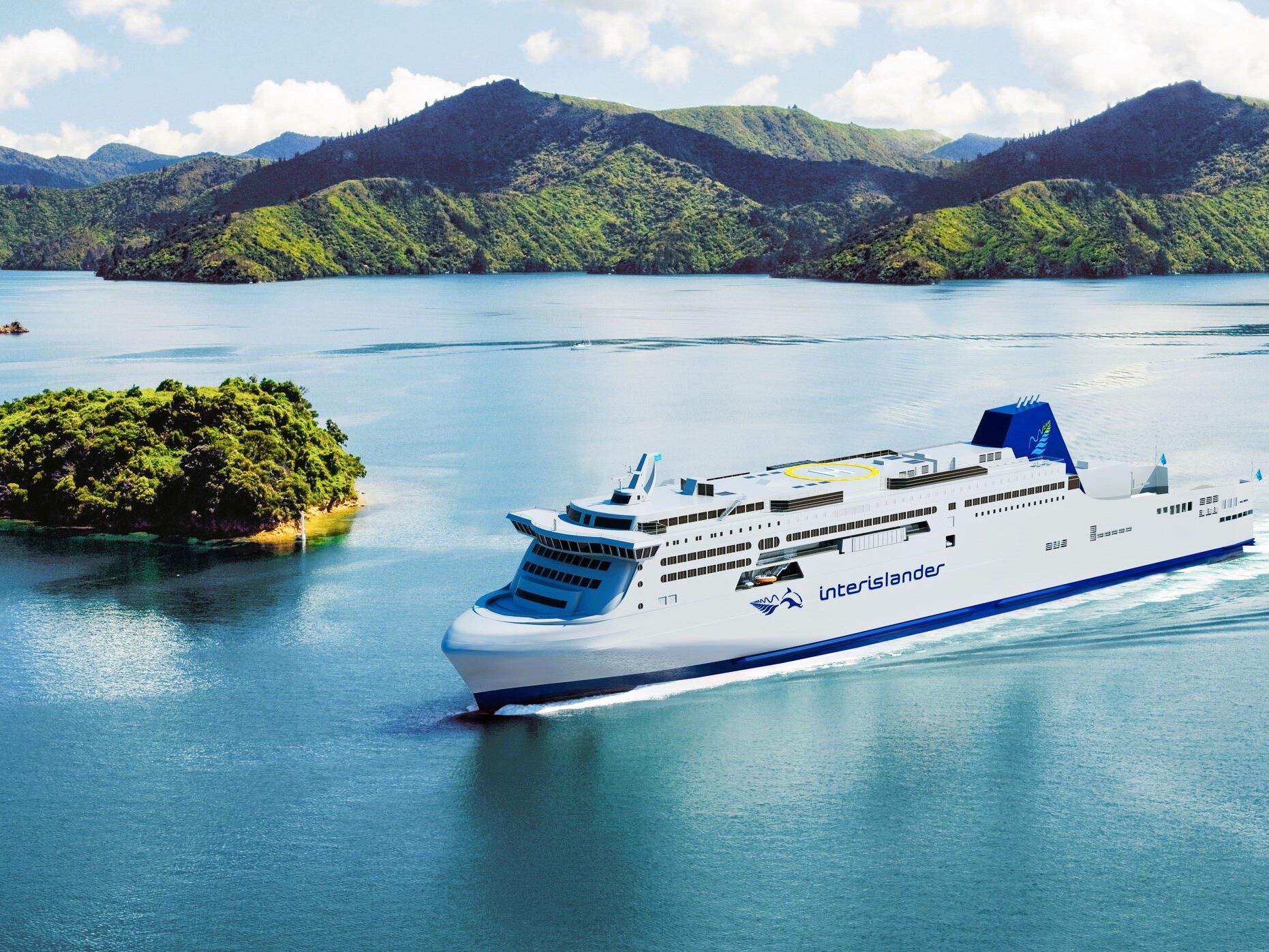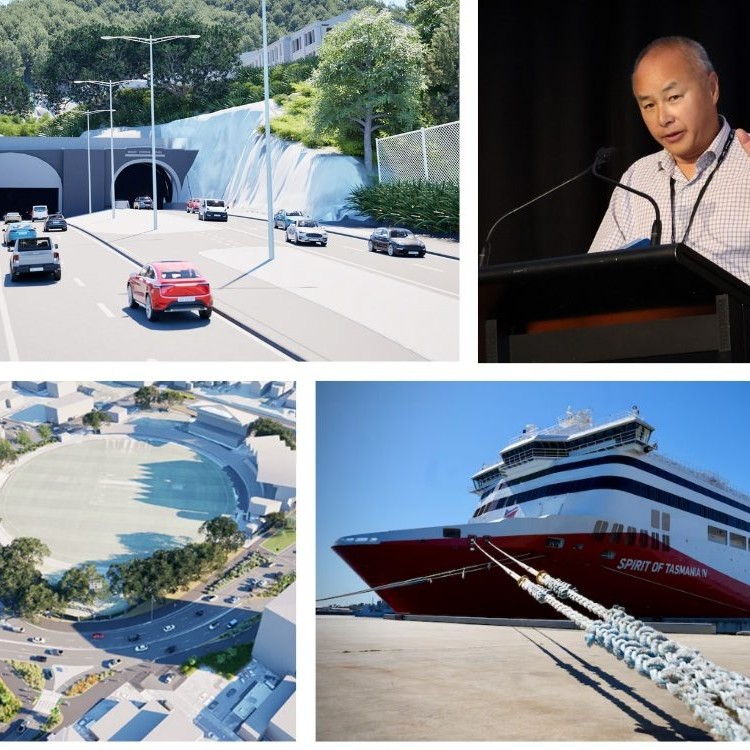
The announcement that the government will not provide $1.47 billion to continue KiwiRail’s plan for two new ferries and terminals is a good call, but substantial service improvements are still required.
Infrastructure projects are going over budget all the time and it is good that KiwiRail is being held to account.
It appears the blowout is primarily due to the development of the port facilities in Picton and Wellington, rather than the two ships that are being built in Korea for delivery in 2026. But the fact that information on the blowout is so sketchy is symptomatic of what I see is the bigger problem, which is cost management on major infrastructure projects.
The Cook Strait ferry service is a continuation of State Highway 1 and it is essential for freight, passengers, and the wider New Zealand economy that we have a safe and reliable service. Substantial improvements are essential – our current aging ferries cannot operate reliably. There have been too many breakdowns and disruptions to services which are enormously damaging to the freight sector.
However there is no need to panic. The new ferries weren’t due until 2026, and that gives KiwiRail and the Government time to agree a reasonable alternative. KiwiRail’s initial business case suggests this could include newer second-hand ships which could be supported by smaller new vessels capable of being lengthened at a later date. Transporting New Zealand will keep a watching brief on any developments.
Which is why in our Briefing to the Incoming Minister, number seven of the eight priorities for immediate action was our request for an industry briefing to be provided on KiwiRail’s Interislander ferry service and the steps necessary to provide Cook Strait services that are reliable and safe.
Between $15-20 billion in freight travels across Cook Strait each year, so it’s important to put the cost increase in that context. With freight predicted to grow 1.4 per cent per year, it’s not an issue that can be put off.
Improving the resilience and capacity of the ferry service is important, but we also believe that there is a lot of scope for all the stakeholders affected, including freight operators, to work with KiwiRail to find a workable, more affordable alternative.
All indications are that there will be increasing demand for crossing that water so I envisage even if that wasn’t to be KiwiRail, the market will step up and provide a service.





